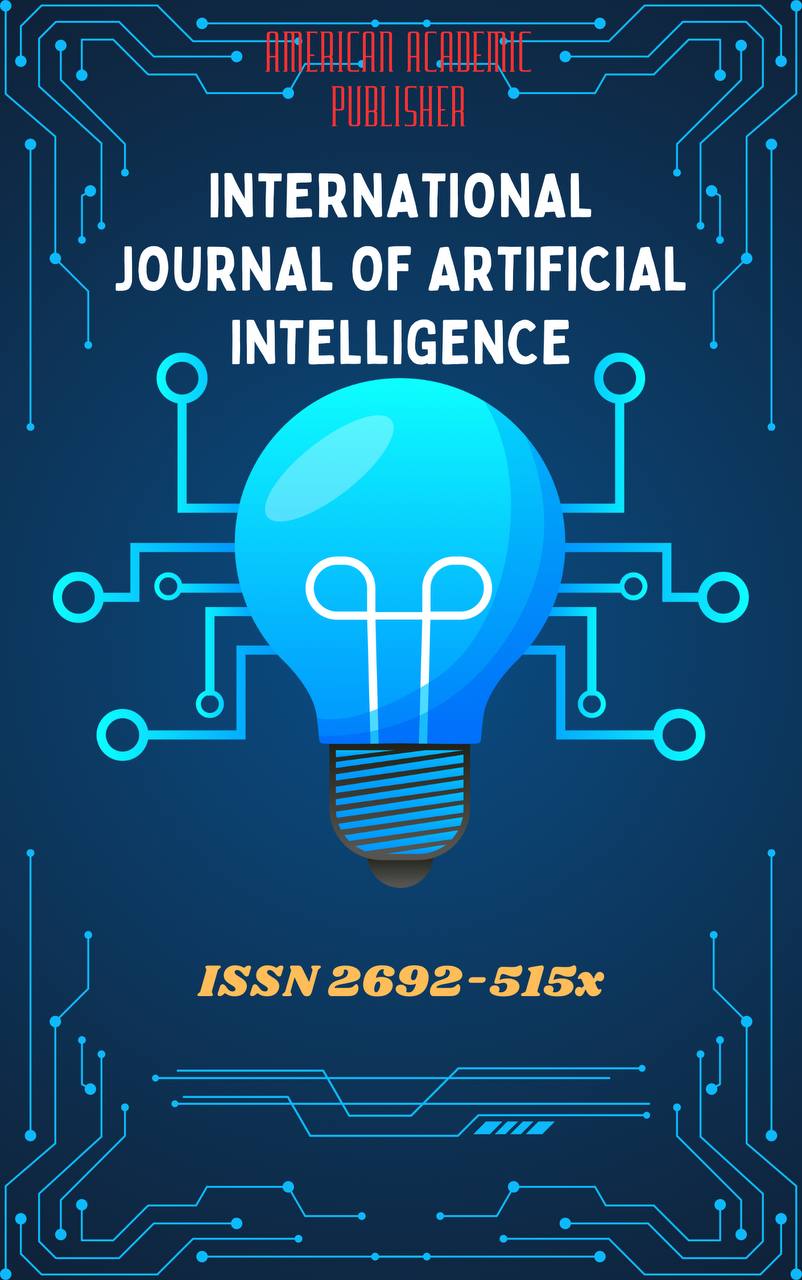 Articles
| Open Access |
Articles
| Open Access | EXISTENTIAL PERSPECTIVES ON ARTIFICIAL INTELLIGENCE AND HUMAN IDENTITY
Rahmonqulova Zarnigor Nasimjon kizi , ESL teacher, Uzbekistan State World Languages UniversityAbstract
The rapid development of artificial intelligence (AI) has intensified philosophical debates about the nature of human identity, consciousness, and meaning. While AI offers significant advancements, it simultaneously challenges existential understandings of freedom, individuality, authenticity, and self-definition. This paper examines existential perspectives on AI, drawing from the works of Jean-Paul Sartre, Martin Heidegger, and Albert Camus. Through a qualitative conceptual analysis, the study investigates how AI may influence human autonomy, selfhood, and the search for meaning. The findings suggest that AI technologies have the dual potential to support human self-actualization or undermine existential agency by fostering dependency, conformity, and emotional detachment. Recommendations are offered for preserving authentic human identity in technologically mediated environments.
Keywords
artificial intelligence, human identity, existentialism, consciousness and self, technological advancement, ethical issues, human-machine relationship, conscious machines, contemporary philosophy, future threats and opportunities
References
Camus, A. (1955). The Myth of Sisyphus.
Heidegger, M. (1962). Being and Time.
Sartre, J.-P. (1946). Existentialism Is a Humanism.
Yalom, I. (1980). Existential Psychotherapy.
Floridi, L. (2014). The Fourth Revolution: How the Infosphere Is Reshaping Human Reality.
Tegmark, M. (2017). Life 3.0: Being Human in the Age of Artificial Intelligence.
Article Statistics
Downloads
Copyright License

This work is licensed under a Creative Commons Attribution 4.0 International License.

